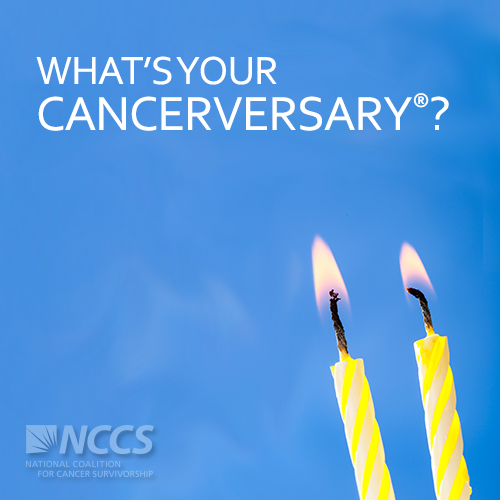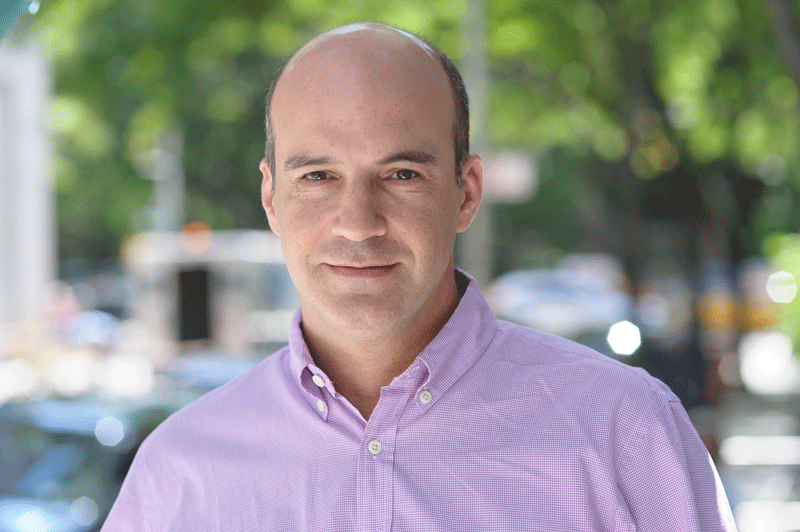Speaking to the Needs of Patients Living with Advanced Cancers and Honoring Cancer Stories with Cancerversary

A cancerversary is a milestone defined by you.
Recently, NCCS had the honor of celebrating the work and advocacy of two amazing individuals.
Susan Gubar, the author of The New York Times blog “Living with Cancer,” received the Natalie Davis Spingarn Writer’s Award, and Lillie Shockney was awarded the Catherine Logan Award for Service to Survivorship. We encourage those interested in survivorship issues to view Susan’s acceptance speech online, and to read Lillies’ recent Cancer Policy Matters guest post. Although their contributions to cancer survivorship are as unique as their talents, both women have had a powerful impact in speaking to the needs and wishes of an often under-represented population —patients living with advanced cancers.
As Susan noted in her acceptance speech, a large proportion of the 1 in 4 Americans diagnosed with cancer will never be “cancer-free.” For the millions of people living with these circumstances, and for others at any point in the cancer journey, we must advocate for the best quality of life possible. Goals have a place in the life of anyone living with cancer — whether they are marked in events (attending a wedding, the birth of a grandchild) or in celebrating the days, weeks, and months spent with family and friends.
In Susan’s most recent essay for the Living with Cancer blog, she defines cancerversary as the recurrence of the date on which she learned of her diagnosis and prognosis. Transitioning her line of thought from “living on borrowed time” to “pure gravy,” her post celebrates something well worth celebrating — living for as long as one can as well as one can.
Much as NCCS pioneered the term “survivorship” to find the language to describe the many issues of living with, through, and beyond a cancer diagnosis, NCCS launched the first “Cancerversary®” campaign in May 2009 to honor the journeys of survivors of all types of cancer. Today, we’re pleased that others have defined the cancerversary milestone in their own terms, and are using the term to share their story with others. Just as values and experiences impact perceptions of survivorship, others might define “cancerversary” differently. Depending on circumstances, one might think of a cancerversary as the last day of treatment, or the first. It can be marked by an office visit or a phone call. It can be an experience felt as a patient, a caregiver, or a loved one. A cancerversary — like any cancer experience — is unique, and yet so many find comfort in acknowledging their journey and the journeys of others.
For this reason, as we approach a new year and turn to introspection, we encourage those touched by cancer, at any point in the journey, to honor cancerversaries. We invite you to share your story; help us advocate for quality cancer care; or connect with the survivorship resources that can better help patients advocate for quality care. Please use Facebook or Twitter to share your story with others, or tell us your thoughts in the comment section.



